Changing Our Future
by Colleen Smitek | Oct. 13, 2008 | 4:00 AM
Aches or not, these “old folks” had fun — so much that they ordered shirts and formed a five-team Wii bowling league. It’s an even better time than their weekly cocktail parties on the patio — the patio of the Sunset Retirement community they live in.
This is the kind of life we should be living in our later years, according to Karen Ranney Wolkins, a woman who has made it her mission to infuse old age with vibrancy and joy.
The thing is, places like Sunset aren’t the norm.
Wolkins is the vice president of marketing and development for Sunset Retirement Communities in Toledo and Sylvania. She is also a 45-year-old blonde with tousled short hair and the lithe body of someone who spends some serious time on the elliptical machine. And she’s anxious to talk about where she — or you or I — will spend our futures.
“I get geeky excited,” she says, leaning forward. “I believe that we need to change the experience of aging in our country. We need to change it so that it’s full of life. If we don’t take responsibility for making these changes now, then shame on us. When we get there, it will not be what we want.”
As a society, says Wolkins, we’re too scared of aging to make the most of it for our elders and, ultimately, for ourselves. Instead of contemplating and discussing old age, we look away — and contemplate an eye lift or a little more Botox.
“We have become obsessed with youth,” says Wolkins. “If we could have that same obsession with a healthy, wholesome approach to aging, it would really change the whole industry.”
“I would like to think that it could ultimately change people’s fears,” she continues.
You know the fears she means — that you will end up more or less alone in a nursing home with linoleum floors and an antiseptic smell. That your life will be joyless.
That’s not how it has to be, promises Wolkins. But there are two things that need to change: our attitude toward aging and the majority of senior homes in Ohio and the rest of the country.
First, the attitude. “We talk about growing old as if it’s horrific,” says Wolkins. “The way we talk about it in this society is criminal.”
Life isn’t over once wrinkles set in. Even more importantly, no one can escape loss of some sort. “The people I’m most inspired by are people who have found the blessing in whatever curveball life has thrown them,” Wolkins says. “We do have losses in our life. It’s our obligation to then redefine.”
Through her job at Sunset, Wolkins sees some miserable people. She suspects they were “curmudgeons at 30” and still are now. More often, she sees people willing to try something new, whether it’s the Wii or making pottery, even if the endeavor requires a bit of encouragement at first. She also sees people who absolutely amaze her — women and men who never stop learning or connecting with other people.
Lin Bartel, the director of resident life and intergenerational programming for Judson at University Circle in Cleveland, says it’s her staff’s job to provide options and programs to keep life interesting for her residents. But it’s ultimately their job to take advantage of them. “Individuals take responsibility for their successful aging experience,” she says.
The second change must occur at the homes themselves. At Sunset, the setting is beautiful — Tudor buildings with leaded glass and mahogany trim. All in a wooded setting that has the vibe of a New England boarding school. There are mini-golf tournaments, fairy-tale parades by a local school, plants and pets of all sorts. All in all, it’s about as nice a place as you’d find.
Wolkins wants it to be better.
When you walk in the main building, she wants it to look like “Main Street.” Instead of just rooms and offices off the main hallway, she wants a cyber café, mini post office and movie theater. It should be bright and cheery.
Those kinds of changes, of course, require money. Miranda Sitchanoff, an administrator at Llanfair, puts it plainly: “If facilities don’t have the resources, they can’t make the changes.”
Some of the barriers, however, aren’t caused by a lack of funds. Rather, they’re the result of an institutional mentality. The list of regulations is enormous, mandating things as simple as what time a resident can eat breakfast or where a can of dog food for a group pet can be stored.
Imagine being 85 years old and being told you can’t have a snack at midnight. Making the kinds of changes that allow residents to have control over their schedules costs little or nothing.
Wolkins agrees. In one “neighborhood” at Sunset, residents voted to get a dog. Lily, a black Labrador, was brought in. She’s walked by some, brushed by others, loved by all. If residents stay up too late playing Wii or watching television, they can eat their breakfasts later.
At Llanfair in Cincinnati, the seniors voted to have pet cats. Some of the residents like to curl up in bed with them at night — just as they used to in their former homes. They’re allowed to do so.
Bartel says she sees rules loosening up. Health inspectors and regulatory officials are starting to get it, she says. “Yes, the clinical piece has to be there in a facility but I think that the state is looking for quality of life.”
That’s good because, as she states: “Baby boomers are not going to put up with that institutional environment — ever.”
So what can you do? Plenty, says Wolkins. In fact, there’s no one else in a better position to bring about these changes. “This is our future,” she says. “You’re on a mission to make it better.”
Right now, boomers have incredible power. That power is unleashed in our votes, our taxes, our gifts of money and our donations of time. If focused, that power can change attitudes about aging. And it can change our future physical surroundings.
“Things don’t happen overnight,” Sitchanoff adds. “People need to make the calls [to their representatives] when there’s different bills up for debate.” If we want more funding for senior homes, we can lobby for that.
The easiest way to help reform senior care, of course, is if you have a parent looking for a home or already in one. “Their expectations need to be a lot higher,” says Sitchanoff. “And once they get into a place, they need to bring the bar a lot higher.” That means knowing what’s going on at the facility and taking suggestions to administrators.
Being in a home shouldn’t mean a loss of autonomy, adds Wolkins. Nor should it mean an end to learning, building relationships or challenging ourselves.
“We need to infuse the entire experience later in life with creative thinking, funding and with vision,” she says. “I just have this burning passion to change it so people feel this sense of vibrancy.”
Trending
-
1
-
2
-
3
-
4
-
5
Related Stories
-
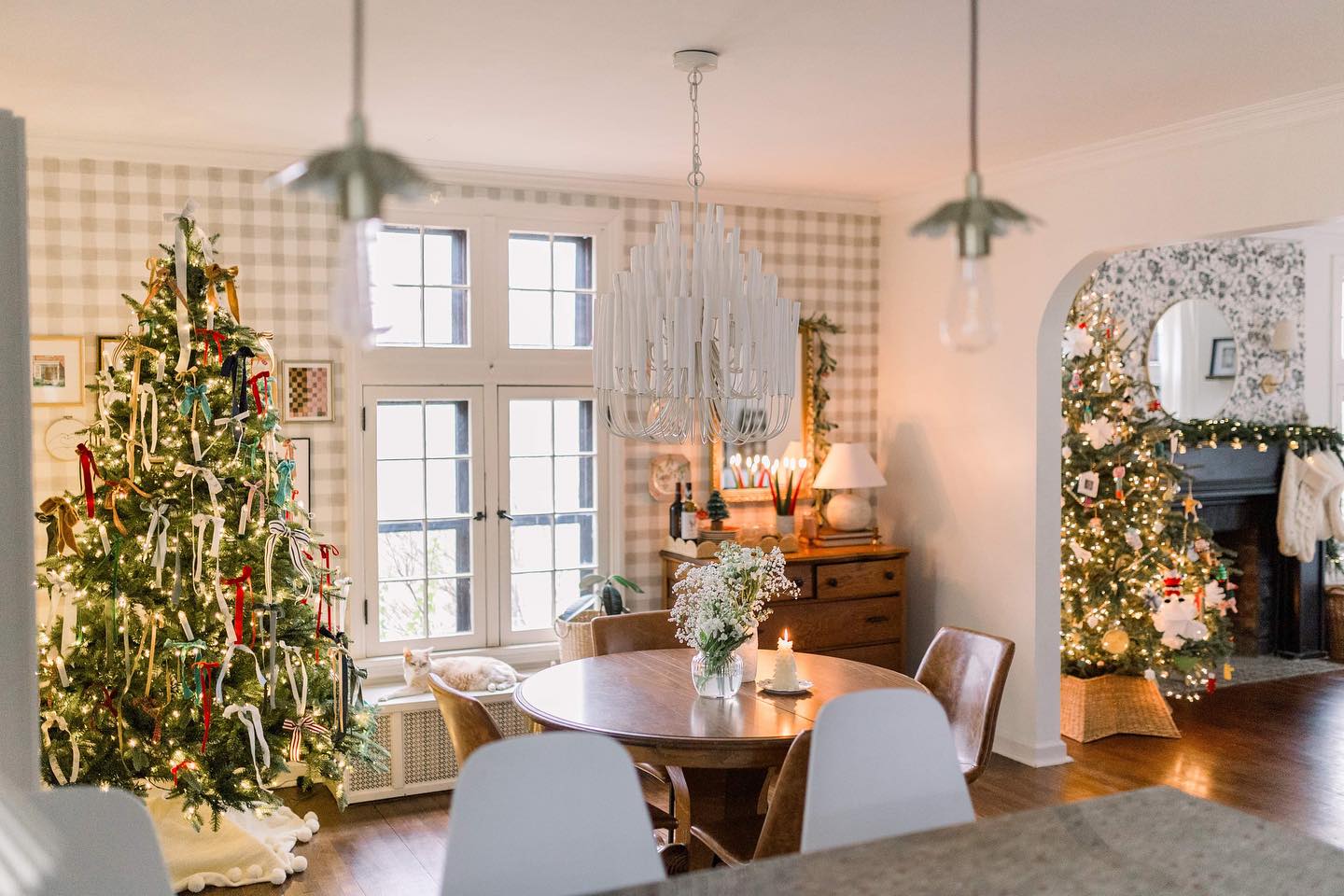 Design & Renovations
Design & Renovations9 Tips for Holiday Decorating from Shaker Heights’ “House in the Heights”
by Julia Lombardo
-
 Fashion & Trends
Fashion & TrendsDavid Ford Golf Breaks Through in Cleveland’s Athleisure Scene
by Julia Lombardo
-
 Shops & Boutiques
Shops & BoutiquesTeddy Baldassarre Is Cleveland's Watch King
by Maura Zurick
-
 Shops & Boutiques
Shops & Boutiques7 Cleveland Makers Going Mobile
by Julia Lombardo
-
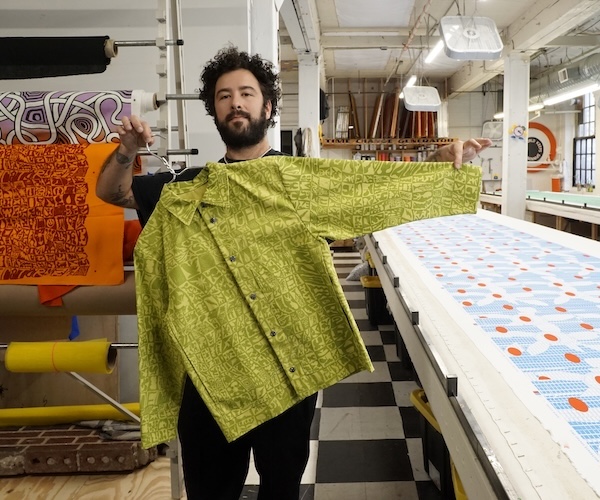 Fashion & Trends
Fashion & TrendsTime Change Generator Makes a Mark on Cleveland’s Modern Textile Industry
by Annie Nickoloff
-
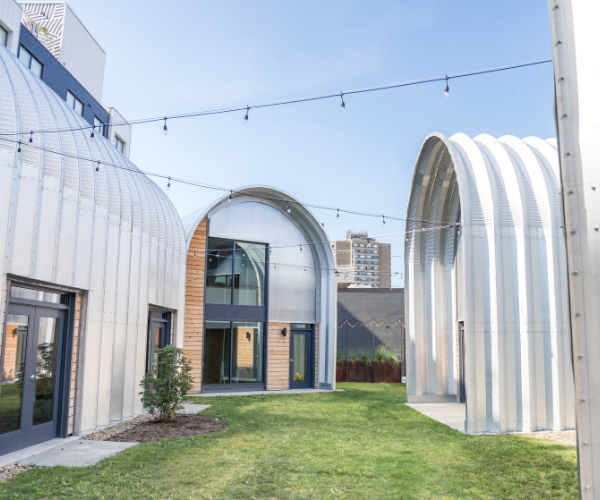 Shops & Boutiques
Shops & BoutiquesOhio City Inc. to Restructure Use of City Goods Hangars
by Lainey Novak
-
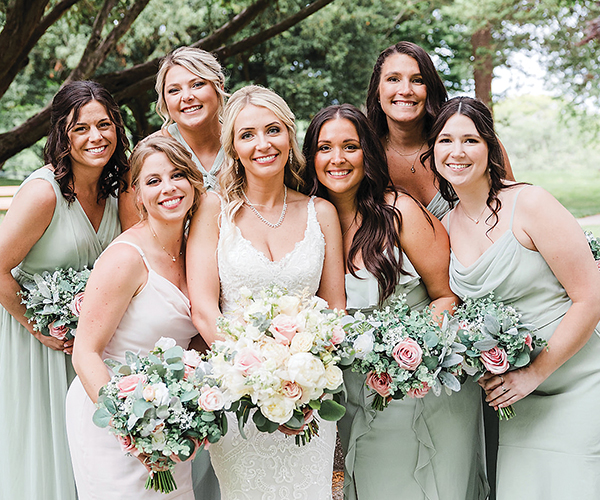 Fashion & Trends
Fashion & TrendsCleveland Wedding Consultants Paint the Bridal Color Wheel
by Kristen Hampshire
-
 Fashion & Trends
Fashion & Trends6 Traditional Wedding Rules Worth Breaking, According to Cleveland Experts
by Kristen Hampshire
-
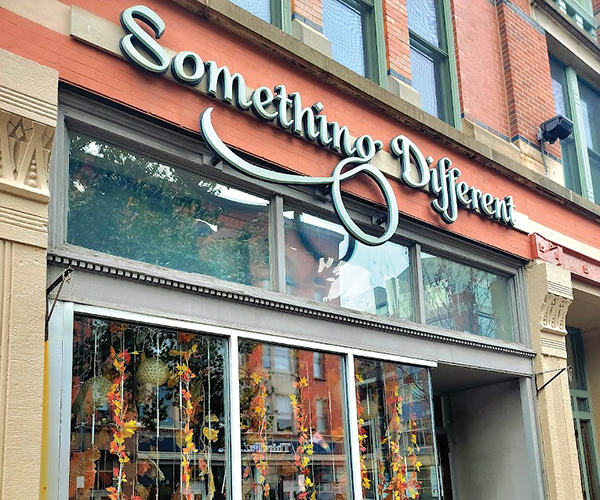 Fashion & Trends
Fashion & Trends4 Cleveland-Made Wedding Gifts for Perfect Party Favors
by Lainey Novak

